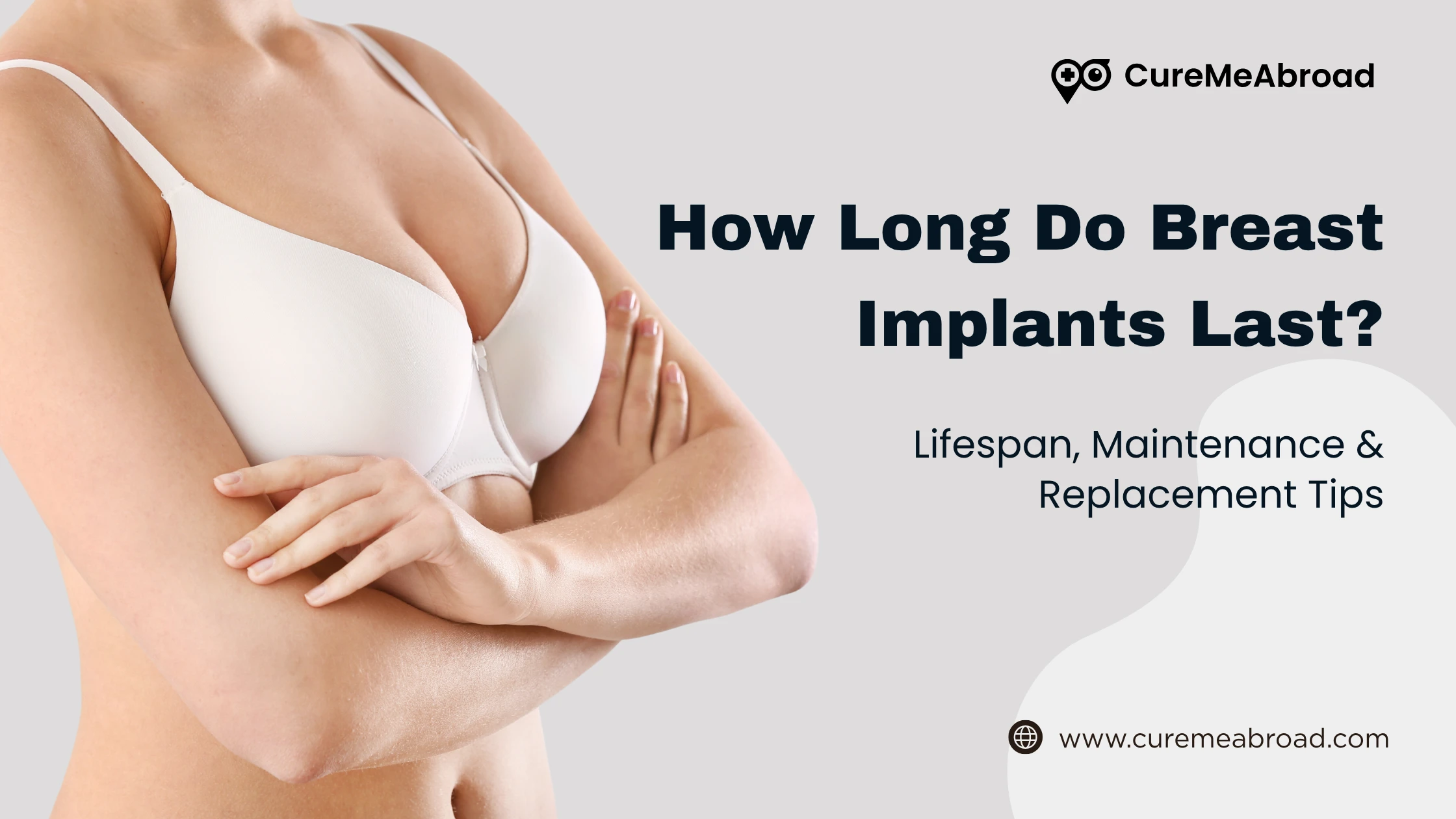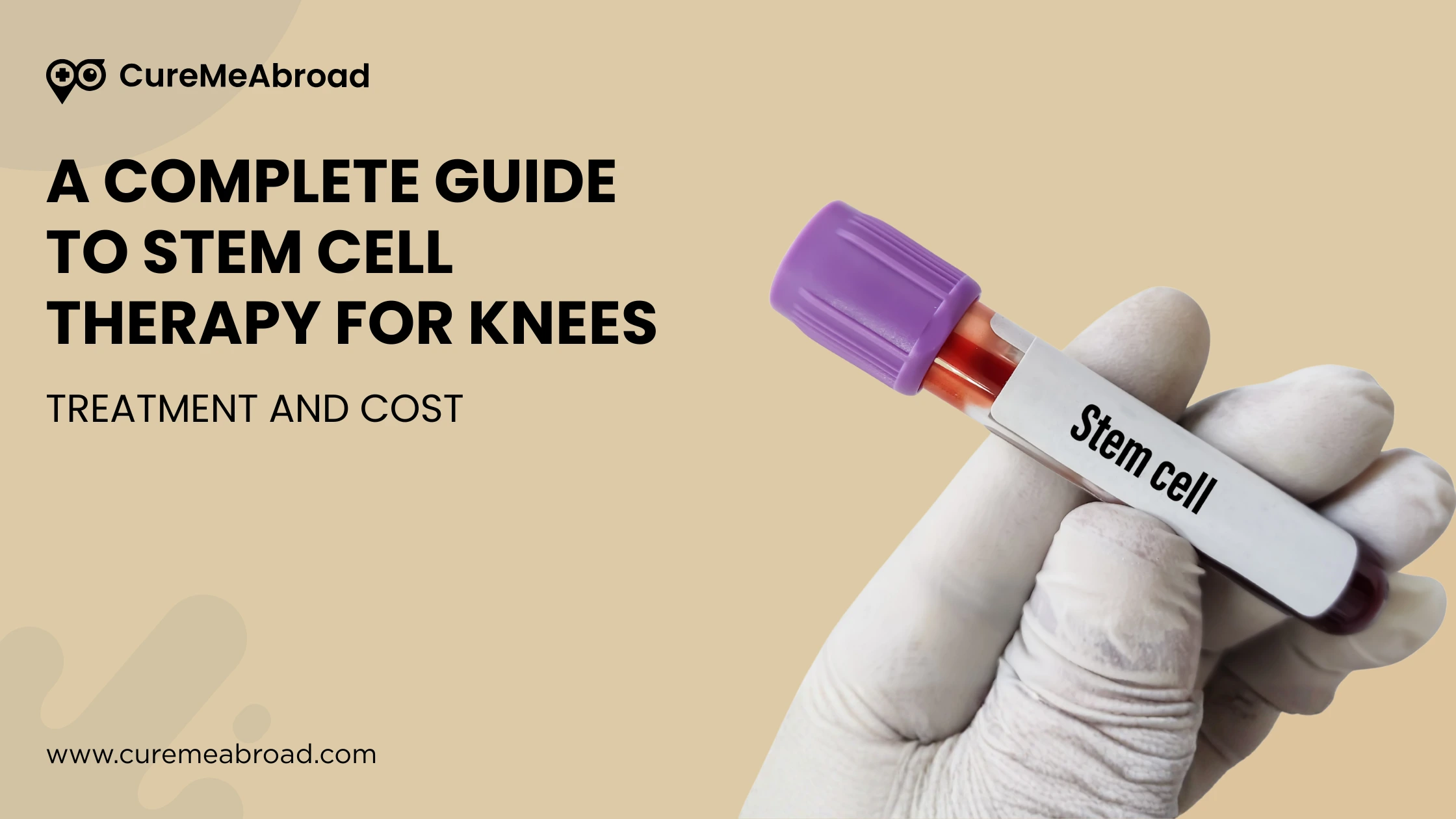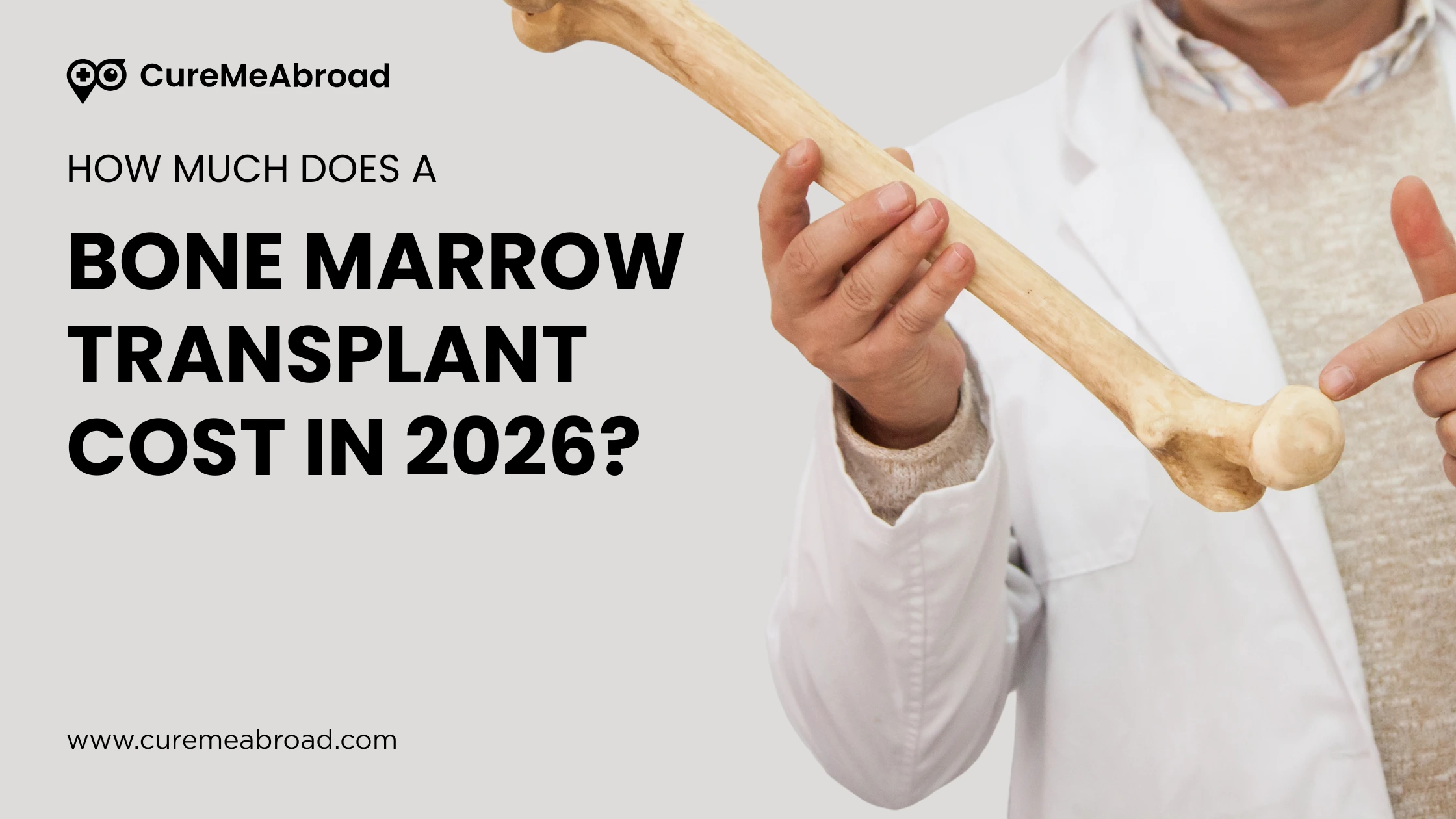Mastectomy or breast augmentation is a popular cosmetic surgery worldwide that helps women achieve body positivity and enhance their confidence and self esteem. During a breast augmentation procedure a breast implant is placed under the skin tissue or chest muscle. One of the important questions people ask before the surgery is; How long do breast implants last? Having a knowledge about the expected life span of implants, their gradual wear and tear and when should you opt for a replacement is essential to ensure safety and successful results.
In this article we will try to cover everything that you are looking for if you have any concerns about breast implants and how long breast implants last.
Learn about Breast Implants
Before we answer the question how long do breast implants last let us understand about breast implants and what they are made up of. They are mainly two types of breast implants:
Saline Implants
These implants are filled with sterile saltwater. The amount of water can be customized. If these implants rupture the salt water will be taken up by the body.
Silicone Implants
These implants are made up of silica gel. Compared to saline implants, these ones look and feel more like breast tissues.
Even though both these implants are made to be safe, durable and effective they are not supposed to be used for a life-time. While most people believe these are permanent, it is not. Gradual wear and tear, changes in the body or external trauma can all cause damage to these implants. So proper monitoring is essential.
Factors that determine how long breast implants last
There are many factors that can contribute to the longevity of breast implants. It needs to be the same for every individual.
Implant Material and Technique of Surgery
The type of implant determines how long it lasts. High quality implants made by medically licensed manufacturers tend to last long. Modern day silicone implants are found to be more lasting that saline implants. The skill and experience of the cosmetic surgeon also plays a role in the safety and durability of the implants.
Trauma or Pressure
If an implant is exposed to physical trauma or excessive compression, say from an accident or a fall, or if you are placed under perhaps grueling pressure in exercise, this too will determine the longevity of the device, and can damage either the implant itself or any surrounding capsule.
Size and Placement of the Implant
Because of the size and weight of breast implants, larger implants, or implants placed above the muscle, will typically have more gravitational pull and carry more stress than a smaller implant or one placed below the muscle.
Medical Conditions
Lastly, a person's medical conditions can determine how long an implant lasts. Autoimmune response, infection, or other health issues may develop or manifest which would deem the implant unusable, needing to be replaced or removed.
How long do breast implants last on an average?
Typically breast implants have a lifespan of 10-20 years on an average. This does not mean that it is mandatory to replace the implant after 10 years. Many women do keep the implants even after this time frame, while some others need to replace it early due to some medical emergency or aesthetic concern.
According to the United States F.D.A, 20 - 25 % percent of women need to change their implant within 8-10 years after their first surgery. This still means that more than 70% of women can wear it for more than 10 years without any issues.
The key takeaway is that routine checkups are essential to maintain the safety and integrity of the implant.
What are some signs that your breast implants need to be replaced?
Even if you have been wearing your implants for a long time without any issues, understanding some of the warning signs helps you to act early and prevent complications.
- Change in shape: Asymmetry, shrinkage or sagging
- Hardness: If the scar tissue around the implant tightens it can lead to a condition called capsular contracture
- Pain or Discomfort: Tenderness or pain may indicate an issue with the implant itself or the surrounding tissue.
- Swelling or Inflammation: Swelling around the initial days is normal. But later on it can indicate infection or even cancer.
- Leakage: Leakage of saline implants are more easily visible while silicone implants require MRI to be clear.
How to Increase Longevity of Implants
If your goal is to have your breast implants last as long as possible, aftercare will be important. The following are expert recommendations for maintenance:
1. Go for Regular Visits
Each year, make a visit to your plastic surgeon to evaluate the condition of your implants and the surrounding breast tissue.
2. Take Recommended Images
MRIs and/or ultrasounds every 2–3 years for individuals with silicone implants will help evaluate any silent rupture or early signs of complication. It is also important to do yearly mammograms to follow up on the breast tissue.
3. Maintain a Stable Weight
Areas of weight fluctuations might stretch or distort the skin over the breast and ultimately the positioning of the breast implant.
4. Wear Appropriate Support
Consistently wear a bra that is well fitting - especially for exercise. Wearing a well-fitted bra manages the strain on your implants and breast tissue.
5. Avoid Trauma to the Chest
Avoid activities that may cause trauma to the chest that leads to excessive pressure.
6. Quit Smoking
Smoking alters skin quality and healing, leads to complications and reduction in longevity of the implant.
7. Use an Experienced Plastic Surgeon
Possibly the most important factor is selecting an experienced and qualified plastic surgeon to ensure implants are in the proper position, the outcome looks natural, and if complications occur, the outcome is as long lasting.
Replace or Remove: What should you choose?
The primary reason for the removal of implants is that there is hardening of scar tissue around the implants. This hardening is called ‘capsular contracture’. This condition can cause pain, discomfort or asymmetry in the appearance of your breasts.
A rare form of cancer found in the scar tissue surrounding an implant called Breast implant-associated anaplastic large cell lymphoma (BIA-ALCL), can be another serious reason to get your implants removed. Textured implants are one of the major reasons for this. Ask your surgeon if you ever have had a textured implant.
The truth behind the longevity of breast implants
So, how long do breast implants last? Well even though these are not permanent with proper care modern breast implants can last well over 10 to 12 years. The key to success is maintaining a healthy diet, regular exercise, and proper checkups. Listen to your body. Remember, with correct maintenance you can enjoy looking natural and be confident about yourselves in the years to come.
Some Frequently Asked Questions about Breast Implants
How long do breast implants last?
Most implants last for 10 - 12 years before they need to be replaced. But some can last longer.
What happens if the implants are not replaced?
If implants are not replaced they can cause sagging, leakage and other aesthetic irregularities or even other health conditions.
Can you breastfeed with implants?
Yes, breastfeeding can be done with implants, however surgery can cause changes in milk supply.









